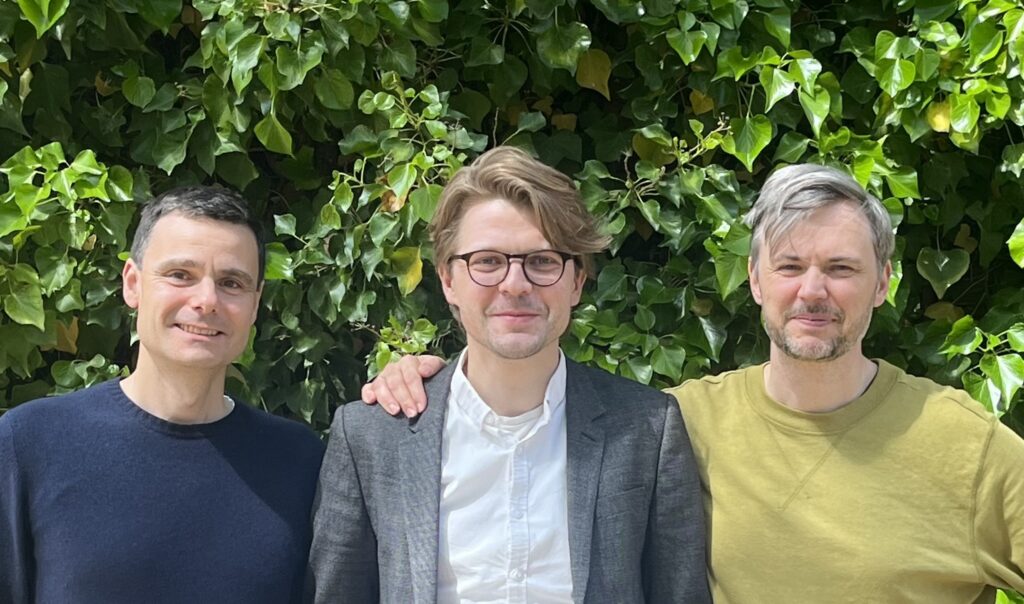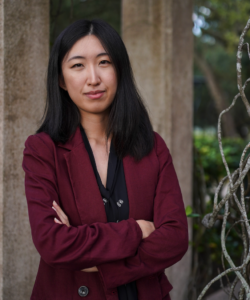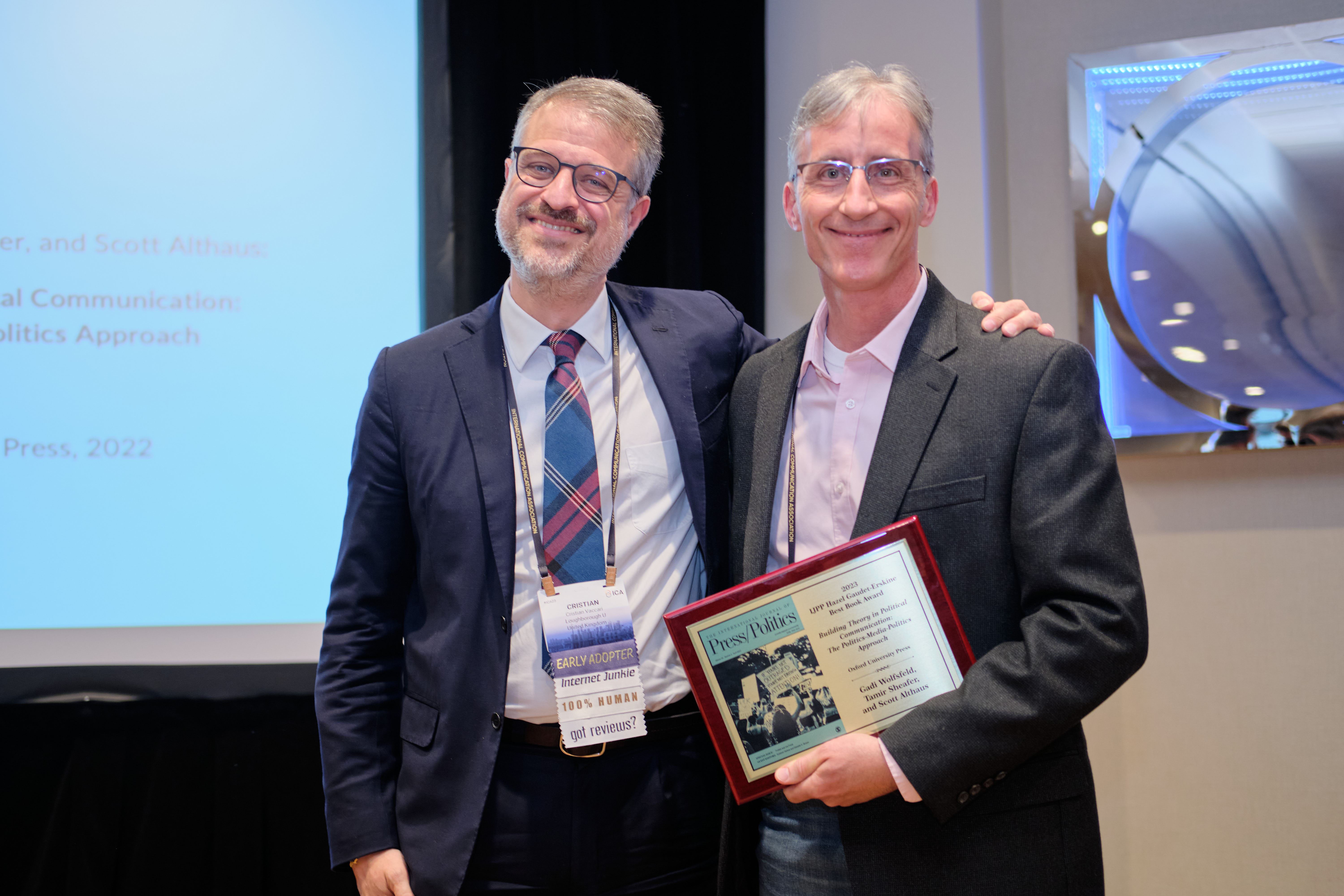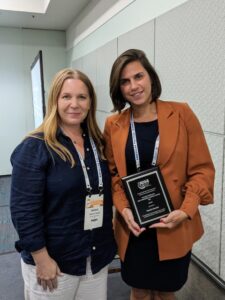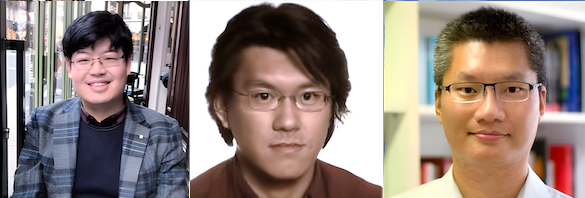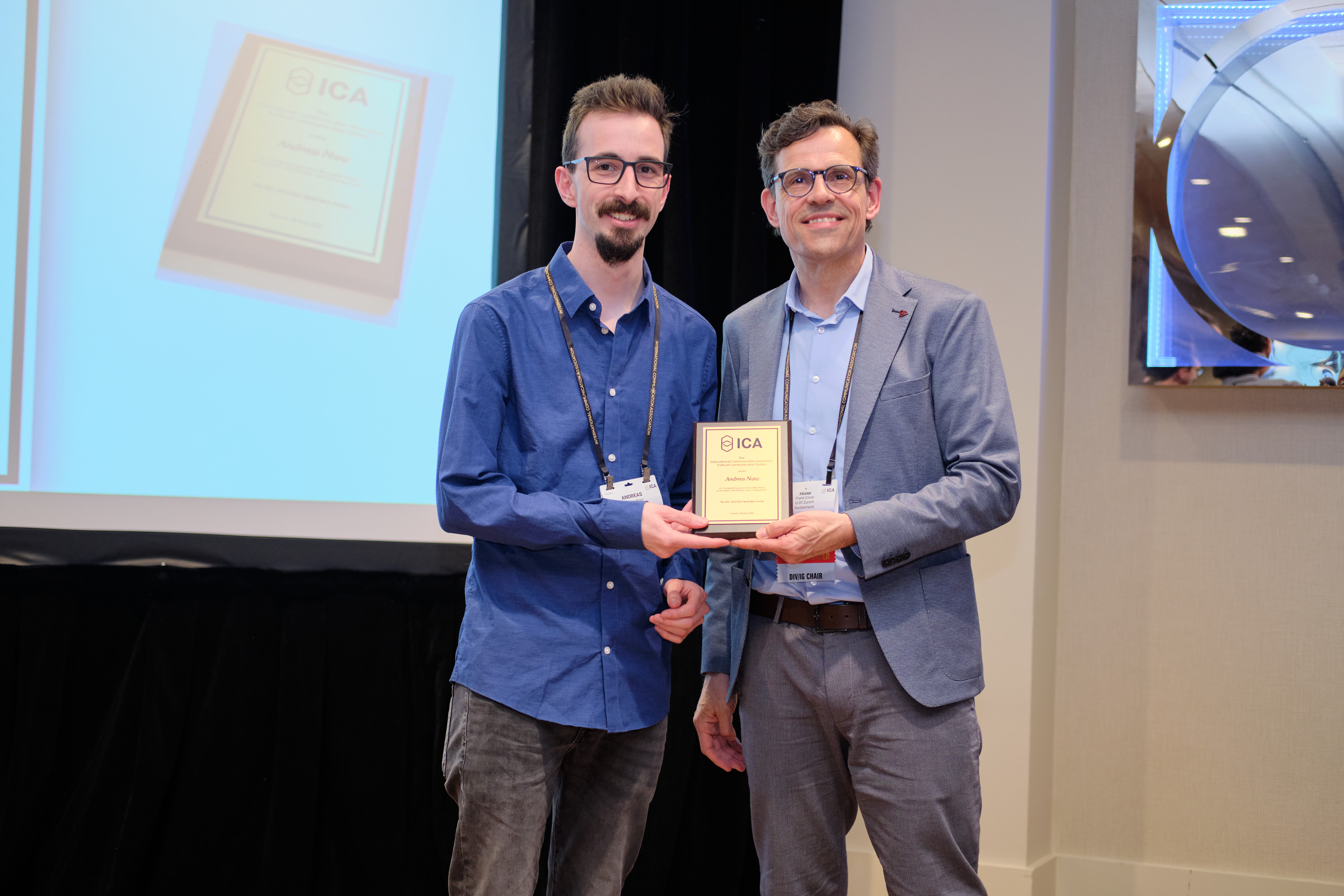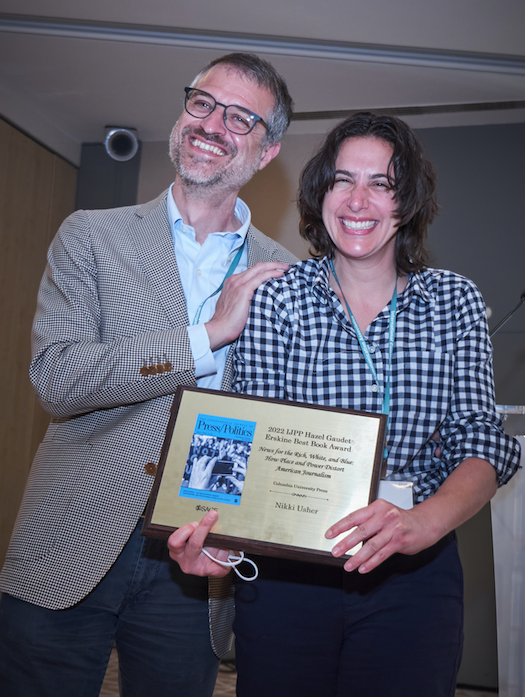Award won:
Timothy E. Cook Best Graduate Student Paper Award
Name(s) & affiliation:
Rachel Smilan-Goldstein, Stanford University
Project title:
“The Gendered Political Consequences of Racialized Sexual Threats.”
Publication reference, link (APA 7th):
Smilan-Goldstein, Rachel. 2024. “The Gendered Political Consequences of Racialized Sexual Threats.” Political Research Quarterly. (Online first.) https://doi.org/10.1177/10659129241246532
Tell us something about you and how and why you decided to focus on this research
This paper was part of my dissertation project, which argues Americans’ understanding of politics is co-constructed with intersecting ideas about race, gender, and sexuality. In the dissertation, I assess the modern impact of a central historical myth in American culture and politics: the idea that Black men threaten the chastity and safety of White women. Emphasis on this racialized sexual threat has been widely mobilized throughout American history to justify policies that restrict the rights of Black men and ostensibly protect White women.
In 280 characters or less, summarize the main takeaway of your project.
Racialized sexual violence threats are unique from messages of solely racial threat: they make both racial & gendered attitudes salient for political outcomes including vote choice, criminal sentencing, & felon disenfranchisement. Racialized sexual threats have distinct effects by individuals’ race & gender.
What made this project a “polcomm project”?
This is a framing effects paper that builds on decades of work on racial priming and a growing body of work on gender priming. The project reexamines a well-known example in American political communication: the “Willie Horton” ad aired on behalf of the Bush campaign in 1988.
What, if anything, would you do differently, if you were to start this project again?
I don’t know I’d do anything differently, but the most challenging part of this project was the framing of the paper. Prior research on the “Willie Horton” ad has focused on implicit versus explicit racial priming, but I needed to make clear this was not the focus of my project. I was able to acknowledge this debate, while keeping the paper focused on my distinct research question, through many revisions and the invaluable advice of my dissertation committee.
What other research do you currently see being done in this field and what would you like to see more of in the future?
There is a growing body of work that examines effects of messages that activate multiple types of prejudice at the same time. No one article will explain all the complex intersections of how racism and sexism (and other forms of prejudice) operate in political communication, so it is crucial that scholars continue to study these topics simultaneously.
What’s next?
I’m interested in how similar narratives of sexual violence threat are used against transgender women in current anti-transgender political discourse. I am in the beginning stages of a paper on this topic.
